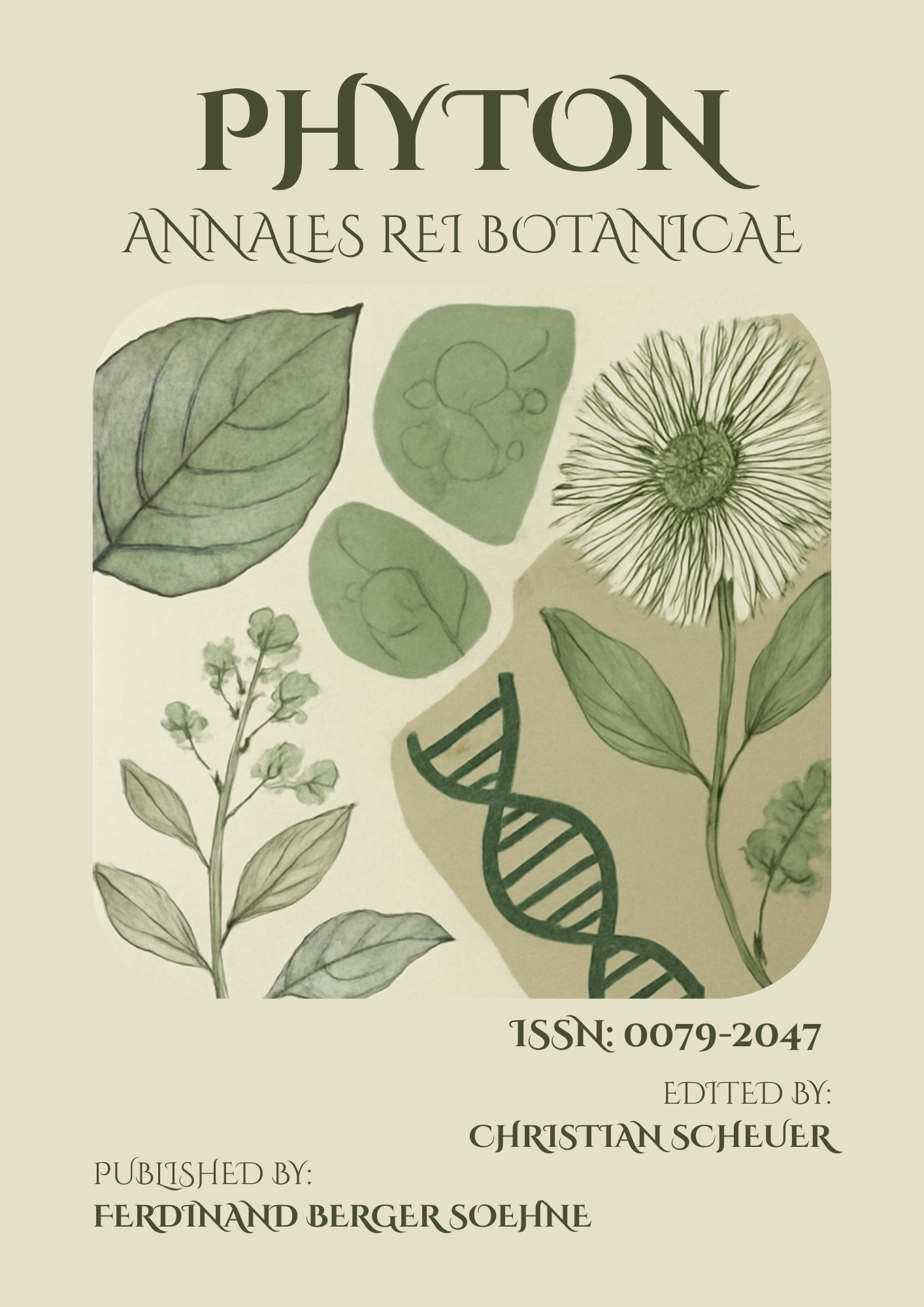The Role of Plant Immunity in Managing Plant Pathogens: Mechanisms and Applications
Keywords:
Plant Immunity, Pathogen Resistance, R Genes, Microbial Communities, Integrated Pest Management, Plant DefenseAbstract
Plants have evolved complex immune systems to defend against a wide variety of pathogens, including fungi, bacteria, and viruses. This paper delves into the molecular mechanisms of plant immunity, focusing on pattern recognition receptors (PRRs), resistance (R) genes, and signal transduction pathways involved in pathogen defense. The study also explores the interactions between plant immunity and microbial communities in the rhizosphere, with particular attention to how beneficial microbes can enhance plant resistance to pathogens. Furthermore, the paper discusses the role of plant immunity in integrated pest management (IPM) strategies, highlighting how understanding plant-pathogen interactions can inform the development of disease-resistant crop varieties. While significant progress has been made in understanding plant immunity, challenges remain in translating this knowledge into practical solutions for crop protection. The paper concludes with a call for more research into the genetic basis of immunity in crops and the potential for harnessing natural plant defenses in sustainable agriculture.
Published
How to Cite
Issue
Section
License
Copyright (c) 2024 PHYTON-ANNALES REI BOTANICAE

This work is licensed under a Creative Commons Attribution-NonCommercial-ShareAlike 4.0 International License.
This article is published under the terms of the Creative Commons Attribution-NonCommercial-ShareAlike 4.0 International License (CC BY-NC-SA 4.0). Readers may share and adapt the material for non-commercial purposes, provided appropriate credit is given and adaptations are shared under the same license.



